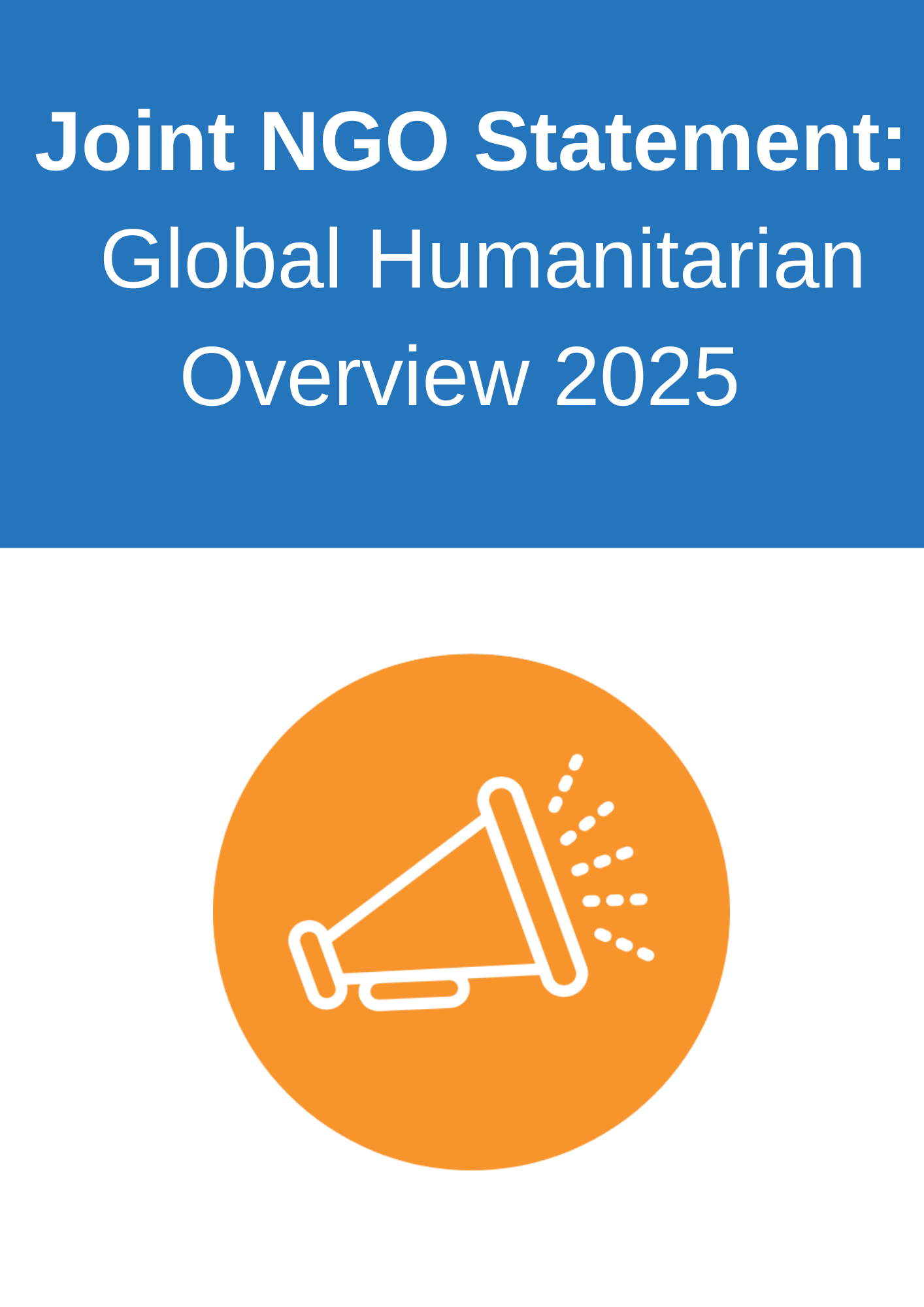-
Search -
Accessibility -
Members Login
UNOCHA
Hybrid (In person and Online Format)
English
Humanitarian
Coordination
On 4 December 2024, the Global Humanitarian Overview (GHO) 2025 will be launched in Geneva, Switzerland, Kuwait City, in partnership with the Government of Kuwait and Nairobi, in partnership with the African Union.
Kuwait City, Kuwait (09:00 – 10:30 local time)
Geneva, Switzerland (10:30 – 12:00 local time)
Nairobi, Kenya (14:00 – 15:30 local time)
In a time of escalating crises, the GHO 2025 aims to raise awareness and support for humanitarian action. The launch theme, ‘Strengthening Global Solidarity and Empowering Local Communities,’ underscores that communities are the first responders in emergencies. It reflects the global humanitarian community’s commitment to supporting those on the frontlines, especially as civilians and humanitarians face unprecedented threats.
The GHO 2025 will outline global crisis trends and humanitarian needs, showcasing how the community responds. Produced by OCHA, it will highlight humanitarian community’s collective achievements, whilst highlighting the real costs for people in crisis when we are unable to respond.
Sub-themes of each location

This statement is delivered on behalf of 109 NGOs, including humanitarian organizations with operations in countries covered by the GHO.
We are witnessing unspeakable human suffering due to the proliferation of conflicts lacking political solutions and the normalization of IHL violations. Indiscriminate attacks on civilians and humanitarian workers, the bombing of schools and hospitals, and the use of starvation and sexual violence as methods of warfare are devastating communities worldwide. Climate shocks, economic fragility, and protracted conflict are exacerbating humanitarian needs, leading to unprecedented levels of displacement and an escalating global hunger crisis.
Boundary-setting and narrower definitions of people in need are resulting in a highly prioritized 2025 GHO. With limited complementarity with development and other actors, it is unclear who will target those left behind. Despite exceptional prioritization efforts, humanitarian funding lags behind and ODA cuts impact both humanitarian action and development gains.
We must turn the tide together in 2025.
We urge donors to fully fund the 2025 GHO and to provide quality funding as early as possible in the year to enable flexible, timely, and principled humanitarian action.
The catastrophic effects of IHL violations – including on children, women, and people living with disabilities – urgently require donors’ re-commitment to the traditionally underfunded sectors of gender and GBV, education and child protection in emergencies, and the stepping up of funding for hunger and forced displacement.
We call for a substantial increase in the volume and quality of funding to local and national actors, including Women’s organizations, whose essential leadership in humanitarian response must be recognized. This should be rooted in accountability to – and meaningful participation of – affected people.
All stakeholders must redouble efforts to prevent and resolve conflict, and we urge humanitarian, development, peace and climate actors to work together to make nexus programming a reality and foster resilience. This requires increased ODA directed to fragile settings.
Nothing will reduce humanitarian needs unless civilians are protected. The 75th anniversary of the Geneva Conventions is also a year of unconscionable IHL violations. We urge parties to conflicts to abide by their obligations, and we call on governments to leverage their influence and ensure that the consistent application of IHL is a top priority.
Click on the link to Read the Full Joint Statement and access the list of signatories.